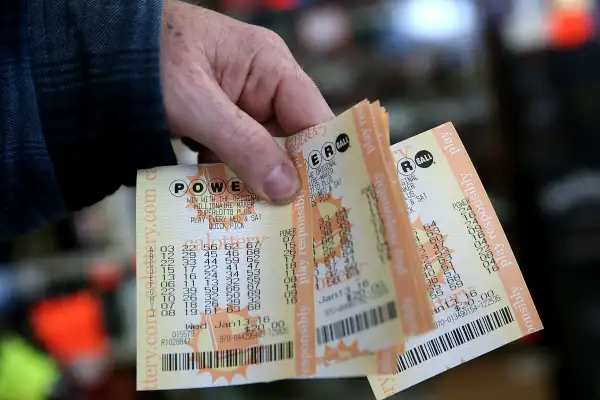The Powerball Jackpot Is Up to Nearly Half a Billion Dollars

It's Friday. You've had a long work week. And you could totally see yourself lounging on a beach somewhere for the foreseeable future.
So how do you get there? For some, the answer is playing the Powerball lottery, which is up to $478 million, making it the fifth-largest jackpot ever. That amounts to an estimated $330.6 million cash payout, if you win in Saturday's drawing and take the lump sum.
In January, three winners claimed their winnings in the all-time biggest Powerball of $1.6 billion (with a "b!") The winners didn't even have to pay state taxes on their winnings (though they weren't exempt from federal taxes).
If they can win, surely you can, too right? The odds of you winning are actually incredibly low, largely due to some rule changes made last October. Specifically, your chances of winning big are lower, while your chances of winning a small payout (in the ballpark of $4) are higher. But at $2 a pop for a ticket, who cares?
Read More: Why the 3 Big Powerball Winners Are Even Luckier Than You Thought
Let's get back to the important stuff here: Should you take the lump sum or annuity? In a previous Money calculation, we've suggested you take the lump sum. Of course, your hypothetical decision should factor in capital gains taxes and how much you trust yourself not to blow it all frivolously.
And in the off-chance you do win? Go wild—sort of. Just not in the "I'm going to invest in meth" sort of way.